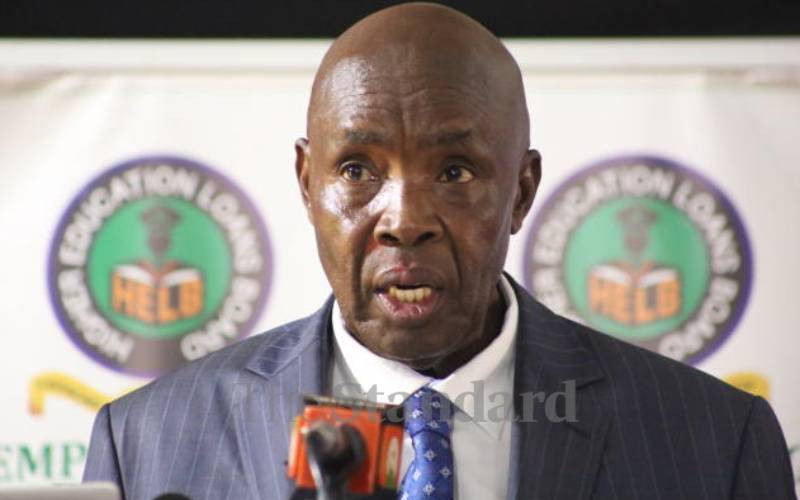×
The Standard e-Paper
Smart Minds Choose Us

All parents with students in universities and colleges will have to pay fees as the government reviewed the new funding formula months after it was unveiled.
Contrary to the initial plan of lifting the burden from parents deemed incapable of financing their children's higher education, all households will now foot part of the fees.